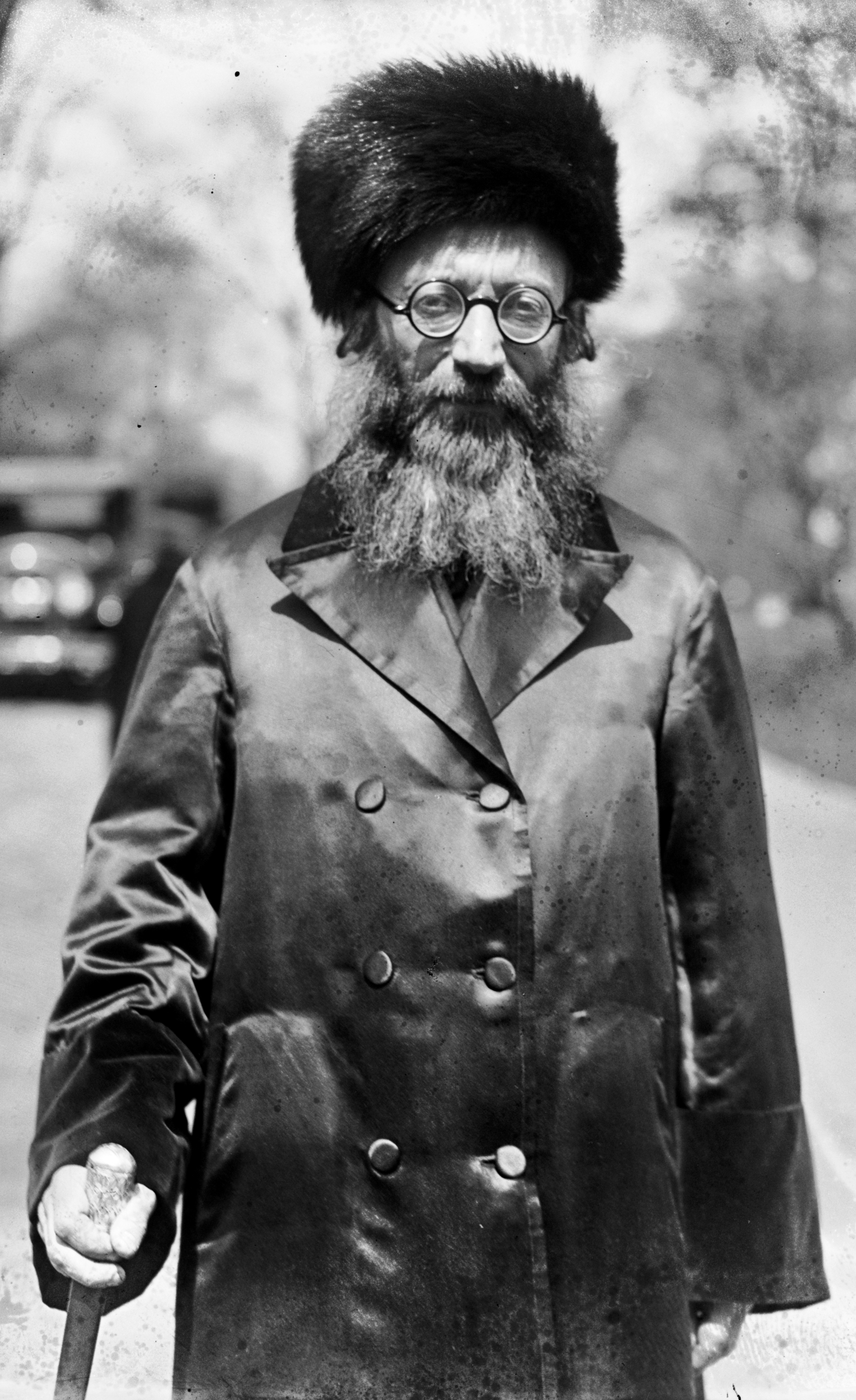Origine: Citato in Andrew Linzey, Teologia animale, traduzione di Alessandro Arrigoni, Cosmopolis, Torino, 1998, p. 141. ISBN 978-88-87947-01-4
Abraham Isaac Kook frasi celebri
Origine: Citato in Will Tuttle, Cibo per la pace, traduzione di Marta Mariotto, Edizioni Sonda, Casale Monferrato, 2014, p. 119. ISBN 978-88-7106-742-1
Origine: Da Una visione di vegetarianismo e di pace; citato in Aa. Vv., La dieta vegetariana nel Cristianesimo, Edizioni Il Sentiero, Milano, 2011, p. 39. ISBN 978-88-86604-12-3
Abraham Isaac Kook: Frasi in inglese
“We forgot we have Holy Body not less than our Holy Spirit.”
Orot Hatchiah 33.
Orot
XXVIII : The Inner Light of Torah in the Land of Israel, as translated by Rabbi Bezalel Naor, p. 208 http://www.orot.com/lights.html
Orot
Contesto: The delight of the Torah is ignited by an inner awareness. A man begins to sense the great tapestry of each letter and point. Every concept and content, every notion and idea, of every spiritual movement, of every vibration, intellectual and emotional, from the immediate and general to the distant and detailed, from matters lofty, spiritual, and ethical according to their outward profile, to matters practical, obligatory, seemingly frightening, and forceful, and at the same time complex and full of content and great mental exertion — all together become known by a supernal holy awareness.
“Our generation is wonderful generation, full of wonder.”
Ma'amar Hador.
Contesto: Our generation is wonderful generation, full of wonder. It's very hard to find an example of it in all our history. Composed of contradictions — light and darkness mixed.
LXI : Redemption an Ongoing Process, as translated by Rabbi Bezalel Naor, p. 139 http://www.orot.com/lights.html
Orot
Contesto: The redemption continues. The redemption from Egypt and the complete redemption of the future are one unending action: the action of the strong hand and outstretched arm, which began in Egypt and works though all eventualities. Moses and Elijah are redeemers in a single redemption; the beginner and the ender, the opener and closer together fill the unit. The spirit of Israel hears the sound of the movements, the redemptive actions, brought about through all eventualities until the sprouting of redemption will be complete, in all its plentitude and [goodness].
"Fragments of Light: A View as to the Reasons for the Commandments," in The Lights of Penitence, The Moral Principles, Lights of Holiness, Essays, Letters, and Poems, trans. Ben Zion Bokser (New York: Paulist Press, 1978), pp. 317-318.
“A tiny remnant of a big thing is better than a whole little thing.”
Orot Hatchiah 14.
Orot
Orot Yisrael, Ch. 5, article 10, p. 156; as quoted in "The Distinction between Jews and Gentiles in Torah" by Rabbi David Bar Chaim http://www.daatemet.org.il/articles/article.cfm?article_id=119&lang=en
Variant:
The dissimilarity between the Jewish soul, in all its independence, inner desires, longings, character and standing vis-à-vis the soul of all the Gentiles — on all of their levels — is greater and deeper than the difference between the soul of a man and the soul of an animal, for the difference in the latter case is one of quantity, while the difference in the first case is one of essential quality
As quoted in "A British Synagogue Bans a Famous Hassidic Text!" (February 2010) by Rabbi Michael Leo Samuel http://rabbimichaelsamuel.com/2010/02/2744/#_ftn1.
Orot
“The good will is all — and all the talents are ways to fulfill it.”
Orot Hatshuva 9.
Orot
1933 Sermon: The Call of the Great Shofar https://www.israelnationalnews.com/Articles/Article.aspx/13794
Arpilei Tohar (1914), p. 2.
